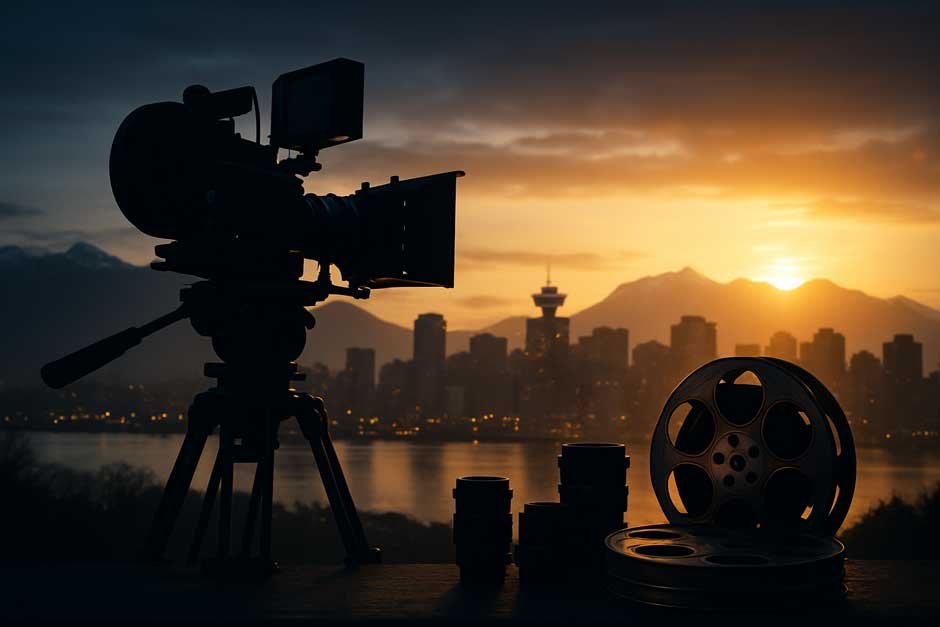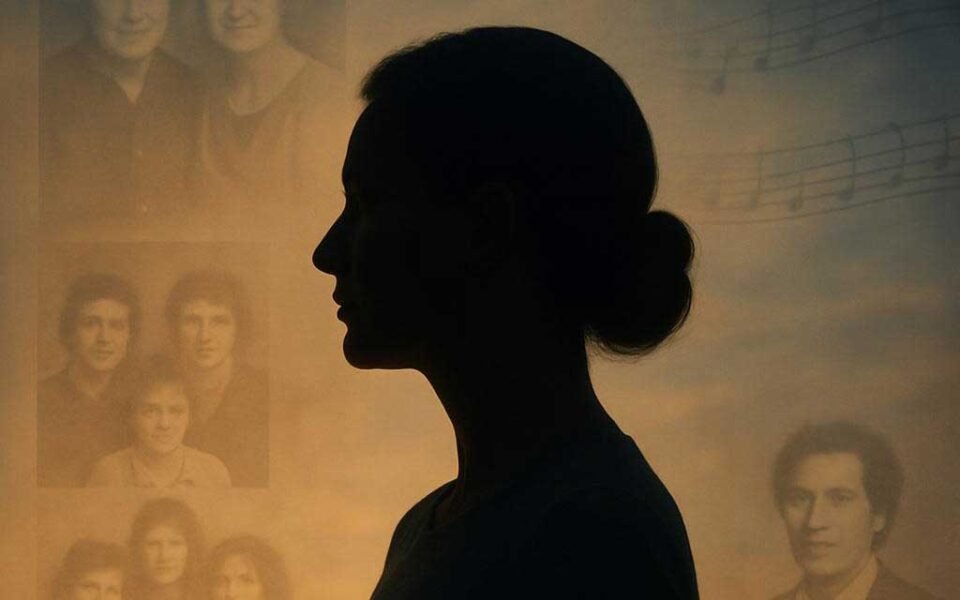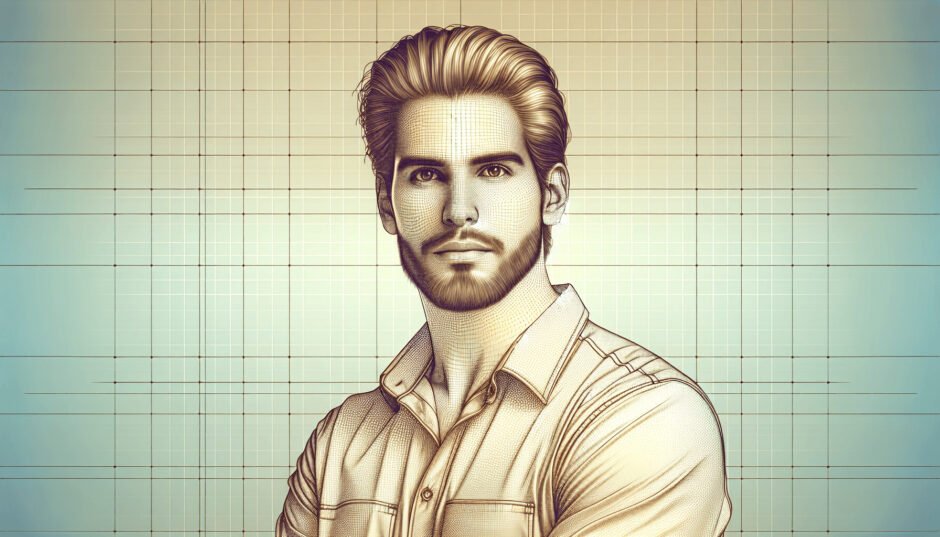When you watch your favorite TV show, you’re seeing the result of countless hours of work by talented professionals you’ll never see on screen. Chad Boyce was exactly that kind of person – someone whose passion for cinematography and dedication to his craft helped bring some of television’s most compelling stories to life. Most people knew him for his work as a cameraman on The CW’s hit series “The 100,” but Chad’s sudden death in April 2018 at just 39 years old shocked everyone who worked with him. His story reminds us that behind every great show are real people with real dreams, and sometimes those dreams are cut tragically short.
Early Life and Background
Chad Philip Boyce was born on September 23, 1978, in the vibrant city of Vancouver, Canada. Growing up in one of North America’s most prominent filming locations, Chad was naturally exposed to the world of cinema and television production from an early age. Raised primarily by his father, Larry Boyce, Chad faced the challenge of losing his mother at a young age, an experience that shaped his resilient character and close family bonds.
Vancouver’s thriving film industry provided the perfect backdrop for Chad’s developing interests. As a child, he displayed a keen fascination with visual storytelling and photography, often spending hours experimenting with cameras and learning about different filming techniques. His natural curiosity about how movies and television shows were made would eventually guide him toward his chosen career path. Friends and family members recall Chad as a bright, enthusiastic young man with an infectious smile and an unwavering determination to pursue his dreams in the entertainment industry.
Professional Career Journey
If you’ve ever wondered how someone gets into the camera business, Chad’s story is pretty typical of many Vancouver film industry professionals. He started small in 2002, working as a camera trainee on an independent film called “Punch.” It wasn’t glamorous work, but Chad threw himself into learning everything he could about cameras, lighting, and the technical side of filmmaking.
What set Chad apart wasn’t just his technical skills – though those were impressive – but his attitude. People in Vancouver’s tight-knit film community started noticing this guy who always showed up early, stayed late, and never complained about the long hours. Before long, he’d earned membership in the International Cinematographer Guild 669 (ICG), which is basically the gold standard for camera professionals in British Columbia.
Over the years, Chad worked his way up through various productions. You might have seen his work without knowing it – he contributed to popular shows like “Riverdale” and “Wynonna Earp,” plus several other projects that kept Vancouver’s film studios busy. Each job taught him something new, and each crew he worked with became part of his extended professional family.
Role in The 100 TV Series
Landing a spot on “The 100” was a big deal for Chad. As a second assistant cameraman, he wasn’t just holding equipment – he was part of the team responsible for capturing one of The CW’s most visually ambitious shows. If you’ve watched “The 100,” you know it’s not your typical TV series. The post-apocalyptic storylines demanded everything from intimate character moments to massive action sequences, often filmed in challenging outdoor locations around Vancouver.
Chad’s job involved way more than most people realize. He’d be setting up equipment before dawn, troubleshooting technical issues on the fly, and making sure every shot looked perfect. The show’s complex special effects sequences required precise camera work, and Chad’s attention to detail helped make those impossible-looking scenes feel real.
But here’s what his “The 100” colleagues remember most about Chad: his positive energy. Television production can be grueling – 14-hour days are normal, and when you’re dealing with complicated storylines and tight deadlines, tempers can flare. Chad was the guy who kept everyone’s spirits up, always ready with a joke or a helping hand when someone was struggling with their equipment.
Personal Life and Interests
When Chad wasn’t behind a camera for work, he was usually behind one for fun. Photography wasn’t just his job – it was his passion. He’d spend weekends exploring Vancouver’s mountains and coastline, always looking for that perfect shot. His Instagram feed was full of stunning landscape photos that showed he had a real eye for composition, even when he wasn’t getting paid for it.
The thing that excited Chad most in early 2018 was his upcoming trip to Asia. For someone who’d spent most of his life in Vancouver, this represented a huge adventure. He’d been saving up and planning for months, researching the best places to photograph and the cultural experiences he wanted to have. Friends say he was like a kid at Christmas talking about this trip.
Chad also had a soft spot for animals, especially dogs. He’d volunteer at local shelters when his filming schedule allowed, and his social media was filled with photos of furry friends he’d met along the way. People who knew him describe someone who genuinely cared about others – the type of person who’d drop everything to help a friend move or offer career advice to someone just starting out in the industry.
Tragic Death and Circumstances
What happened next is every friend’s worst nightmare. Chad had just returned from his dream trip to Asia, full of stories and photos he was excited to share. But on April 17, 2018, at just 39 years old, Chad’s life came to a sudden end. The details are painful and private, but his longtime friend Dale Shaben later shared that Chad had struggled with substance abuse – a battle that too many people fight in silence.
Dale’s Facebook post about losing Chad was heartbreaking to read. He talked about knowing Chad since he was a little kid, about watching his career take off, and about the shock of losing someone so young and talented. The post highlighted something important: addiction doesn’t discriminate. It can affect anyone, regardless of how successful or loved they are.
The news hit Vancouver’s film community like a punch to the gut. Here was someone who’d worked with dozens of crews, who’d been part of so many people’s daily lives on set, and suddenly he was gone. The entertainment industry can be tough on mental health – long hours, job insecurity, and high pressure are just part of the business. Chad’s death became a stark reminder that success behind the camera doesn’t protect you from personal struggles.
Memorial and Tribute
The memorial service for Chad on May 26, 2018, at Polish Street Hall in Vancouver was exactly what you’d expect for someone who’d touched so many lives. The place was packed with people from every corner of Chad’s world – family members, film crew colleagues, childhood friends, and people from the animal shelters where he’d volunteered. Everyone had a story to share about Chad’s kindness or his infectious laugh.
But perhaps the most touching tribute came from an unexpected source. When “The 100” aired the fourth episode of its fifth season, viewers saw something special at the end: “In Loving Memory of Chad Boyce.” For most people watching at home, this was probably the first time they’d ever thought about the camera operators who help create their favorite shows. That simple dedication meant everything to Chad’s family and friends – it ensured that his name would be seen by millions of people around the world.
The tribute was particularly meaningful because it represented something Chad had worked so hard for: recognition that the people behind the camera matter just as much as the actors in front of it. Every time someone watches that episode, they’re seeing Chad’s legacy in action.
Legacy and Impact
Here’s the thing about Chad Boyce’s legacy – it’s not just about the technical skills he brought to every project or the beautiful shots he helped capture. It’s about proving that how you treat people matters just as much as how good you are at your job. In an industry that can be notoriously difficult and ego-driven, Chad stood out for his genuine kindness and willingness to help others succeed.
Young camera operators starting their careers in Vancouver still hear stories about Chad. They learn that being technically excellent isn’t enough – you also need to be someone people want to work with day after day. Chad’s approach to his work and his relationships has become a model for how to build a sustainable, meaningful career in film and television.
But perhaps Chad’s most important legacy is the ongoing conversation about mental health in the entertainment industry. His death forced people to acknowledge that the pressure, uncertainty, and demanding schedules that come with film work can take a serious toll. More production companies now have resources available for crew members who are struggling, and there’s less stigma around asking for help.
Chad Boyce may have been behind the camera, but his impact reaches far beyond any single shot or scene. He’s remembered for his talent, his kindness, and his reminder that every person on a film set – no matter their role – deserves respect, support, and care. That’s a legacy worth celebrating.










